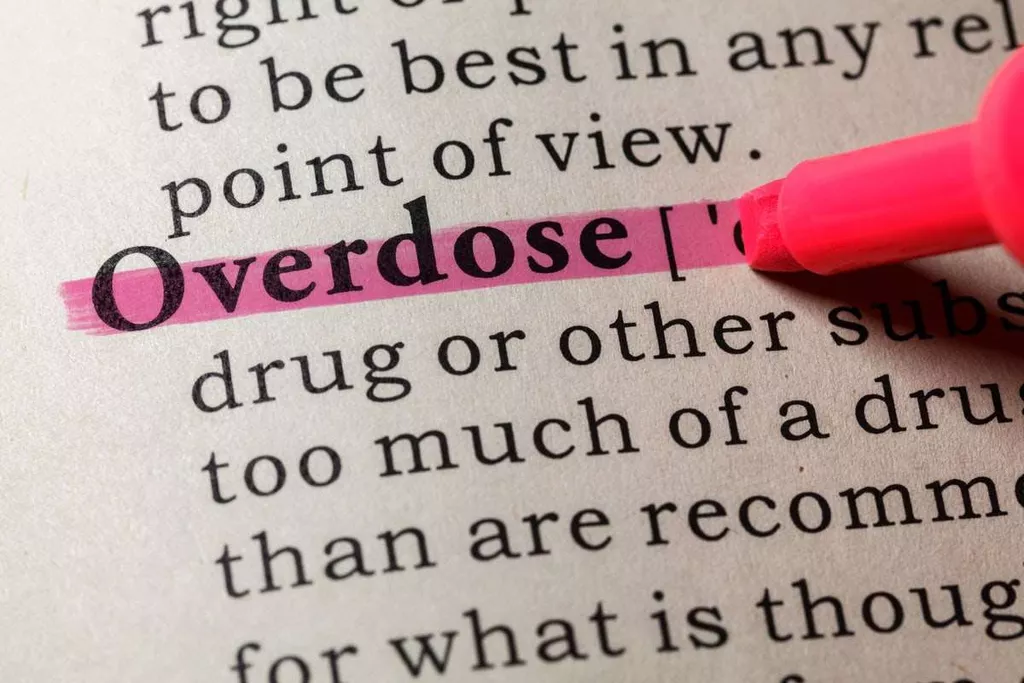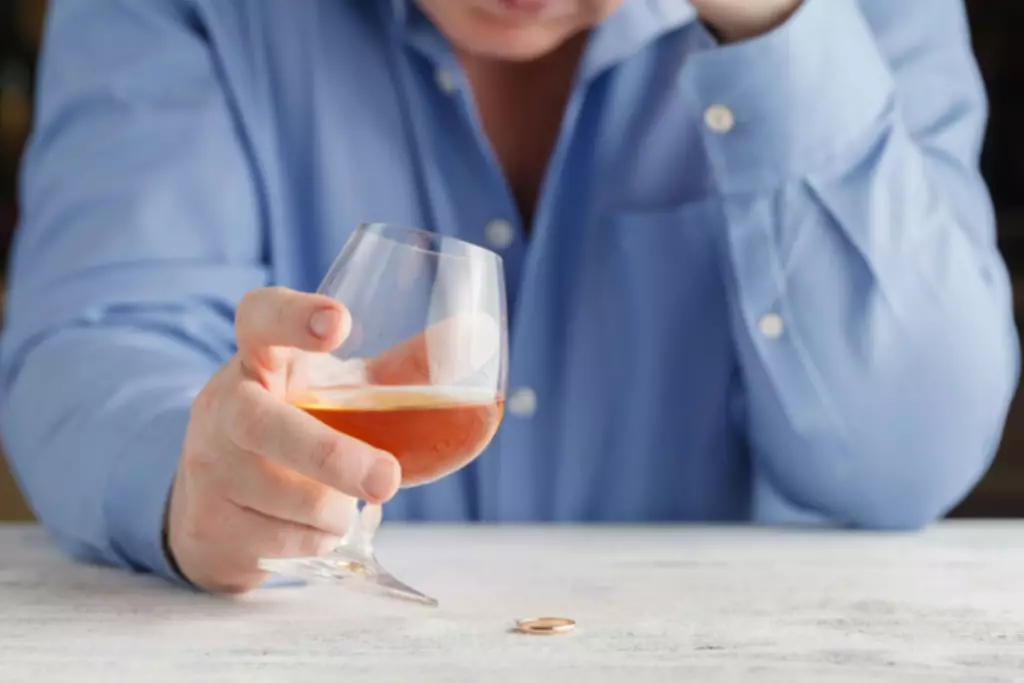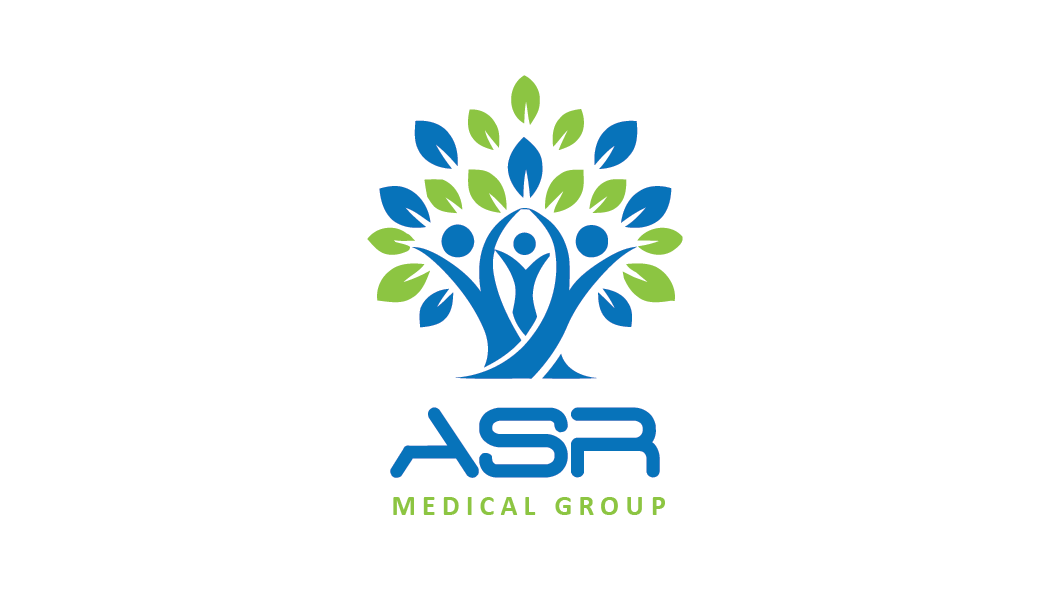
Even simple relaxation practices can make a big difference in how you feel day-to-day. When you take care of yourself both physically and mentally, you can better handle the ups and downs of recovery. Without alcohol to numb or escape those feelings, it can be challenging to figure what are the signs of a dry drunk out how to deal with them. If you haven’t learned new, healthier ways to cope, you may lash out or withdraw. Carrying these weighty feelings can prove challenging, and if not addressed, they can exacerbate your relationships and recovery.
- Building a support network of people who understand your journey can provide the encouragement and accountability necessary to maintain sobriety.
- Engaging in activities that promote physical, emotional, and mental well-being can help individuals stay grounded and reduce the impact of triggers.
- In some cases, dry drunk syndrome can last for multiple years after a person has stopped drinking.
- Some people begin drinking or using drugs as a crutch to help them handle complex emotions and to fill a perceived lack in their lives.
- It refers to traits and behaviors often seen with alcohol use that persist into recovery.
Symptoms of Having Dry Drunk Syndrome or PAWS

It refers to traits and behaviors often seen with alcohol use that persist into recovery. There might be resentment because they could see their family or loved ones as having “forced” them to stop drinking. They may be frustrated at realizing they can’t drink as other people do, or they could struggle to take responsibility for the years they spent drinking. You could feel as if you were walking on eggshells around the person. It could also be a dry drunk codependent relationship, where you feel a sense of guilt or responsibility toward the person. Returning to treatment can be beneficial if you have a dual diagnosis or did not address the root causes of your substance use disorder the first time you went to rehab.

What Is a Dry Drunk? Signs, Symptoms, and How to Overcome
Without a willingness to fully commit to growing and developing a recovery-focused mindset, the odds of achieving lasting success are incredibly low. At first, he just drank casually at parties with friends, yet his drinking soon occurred more often. In college, his drinking habits were considered “normal” due to the widespread social Sobriety acceptance of binge drinking.
How Long is Alcohol Rehab?
It’s crucial to identify any underlying issues, such as anger, resentment, or unmet expectations, and address them. This mindset can lead to feelings of superiority or inferiority, fostering bitterness and resentment. Such negative self-perception and judgment isolate individuals mentally, posing a significant risk to recovery, as they may regress rather than progress. However, people who do not get professional treatment or ongoing support may be more likely to develop it. We Level Up rehab treatment & detox center can provide you, or someone you love, the tools to recover from alcoholism with professional and safe treatment. We can inform you about this condition by giving you relevant information.
Recovery Support
- Like many other aspects of life, recovery is a process rather than an end goal.
- When someone stops drinking but fails to address these underlying issues, they may continue to struggle with feelings of resentment, anger or frustration.
- Finally, engaging in healthier activities such as exercise, mindfulness practices, or creative hobbies can help to reduce stress and improve overall mental wellness.
- Support groups also help keep you accountable, which is a game-changer for staying on track.
- By clicking “Submit,” you certify that you have provided your legal name and phone number, agree to the terms and conditions and privacy policy, and authorise Paid Advertiser to contact you.
You may not heal the underlying issues of addiction if you don’t finish treatment, resulting in dry drunk syndrome. Confronting and navigating through the intricacies of dry drunk syndrome requires patience, understanding, and the right guidance. While this journey can seem overwhelming, it’s crucial to recognize that with the right support and resources, a fulfilling, sober life is achievable.

Can I Recover from Alcoholism
- For these individuals, the term is perceived as a shaming label for those who still suffer in their recovery or do not adhere to 12-Step methods.
- Otherwise, it should aim at building a set of proper behaviors that can be accessed to regain control and avoid relapse.
- There are treatment centers and addiction treatment options all over the United States.
While traditional 30-day rehabs and 12-Step programs are well-known, there are numerous other effective treatments available. These include behavioral therapies, such as individual and group counseling, medications to ease withdrawal symptoms, and mutual support groups like Alcoholics Anonymous (AA). Mental health and medical professionals believe that dry drunk behaviors may be a sign of unresolved psychological issues.


